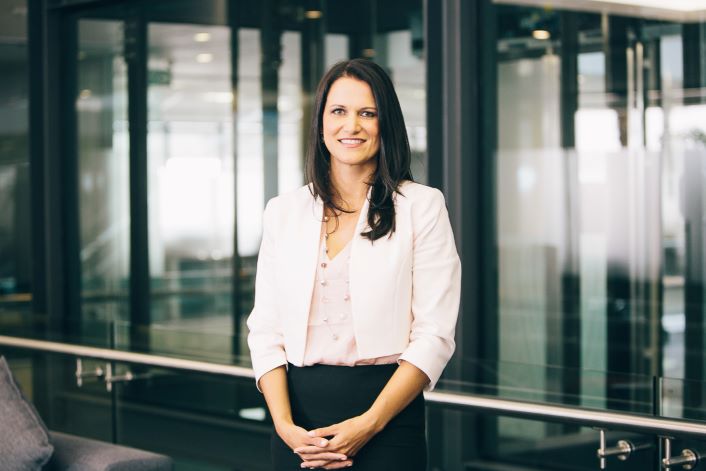Get Focus insights straight to your inbox
Psychologists believe that the formation of habits serves an evolutionary function, by allowing us to do important everyday activities efficiently without having to expend much time or energy thinking about them. While that would be fine in a simpler world, in our complex, multi-stimulus world, not every habit we have works to our advantage. Conditions like addiction and heart disease often stem from small, inculcated habitual behaviours that we find ourselves unable to change, while our habits often stand in the way of us achieving our career and financial goals.
Breaking the cycle of our bad habits and replacing them with good habits can be a daunting task, but there are practical steps we can all take to turn a vicious cycle into a virtuous cycle. In an Inside Investec podcast for staff earlier this year, Paul Haupt, Investec People & Organisation Lead, and René Grobler, Head of Investec Cash Investments, discussed the science of habit formation and some of the practical steps you can take to develop good habits, particularly when it comes to managing your finances.
Most habits are unconscious, noted the panellists, which made them particularly difficult to break if they are not working in our interests. Habits, said Haupt, are like lamination – they have layers.
“Most people only look at their habits when there’s a shock in their life,” said Grobler. This could be a health scare or a financial loss. With this in mind, Grobler said that it’s often a good idea to do an “audit” of your everyday behaviours and to determine whether these behaviours are acting in your self-interest.
“This allows you to be conscious and mindful of what you do consistently,” she said.

Taking an "audit" of your everyday habits allows you to be more conscious and mindful of what you do consistently
Haupt said that a habit can be broken into three components: a cue, a routine and a reward. “For example, when it comes to brushing your teeth, the cue will be bedtime, the routine will be the brushing of teeth and the reward will be the fresh feeling you have once you’ve completed the task,” he explained.
By recognising the cues, routines and rewards of our behaviours, we can identify the changes we want to make, as well as the behaviours we want to reinforce or build on, noted Haupt.
Grobler spoke about the benefits of “habit stacking”, a way to make good behaviours easier to adopt. This involves simply adding an activity or behaviour that you want to adapt to an existing habit so that the new habit effectively becomes part of the existing behaviour. “Habit stacking makes the new habits natural and unobtrusive,” said Grobler.
“Habit stacking" involves simply adding an activity or behaviour that you want to adapt to an existing habit so that the new habit effectively becomes part of the existing behaviour.
(Using the dental hygiene example above, one could follow up brushing our teeth every day with a hamstring stretch or some other exercise that we need to do every day. Eventually, stretching will become part of the already reinforced routine of brushing our teeth).
Apply for a savings account or contact your private banker. Minimum deposits from R100,000 required to open an Investec savings account
The building of good habits can be daunting but can be done if people break them down into small, attainable steps. Haupt used the example of a friend who took up running, but started small: first it was running to the front door, then to the gate, and so on, until she was able to move onto longer road races.
It’s a similar story when it comes to instilling good savings habits. “Many people don’t know where to start when it comes to saving,” said Grobler, “but the trick is to start small and remember why you are saving. You should make the habit easy at the beginning so that the task doesn’t look too daunting.”
Grobler said a good way to look at saving is to see it as a way of paying yourself first, rather than others.
She added that she actively works to instill good savings habits in her children, by showing them where the money goes and letting them see how the wonder of compounding interest allowed them to build up the value of their savings over time.
Finally, said Haupt and Grobler, it’s important to talk to colleagues, family and friends about your habits, to share ideas and to learn from others.
Learn more about saving
Listen to podcast
René Grobler, Head of Investec Cash Investments, and Ebeth Van Heerden, Head of Distribution for Investec Investment, discuss when to save and when to invest in this episode of No Ordinary Wednesday.




